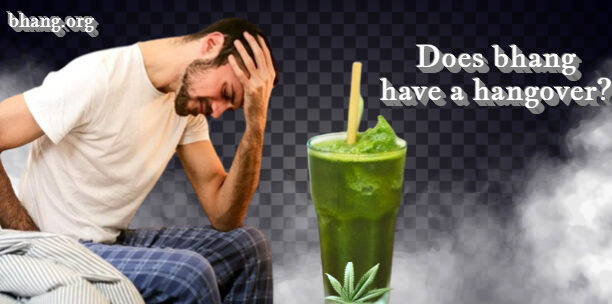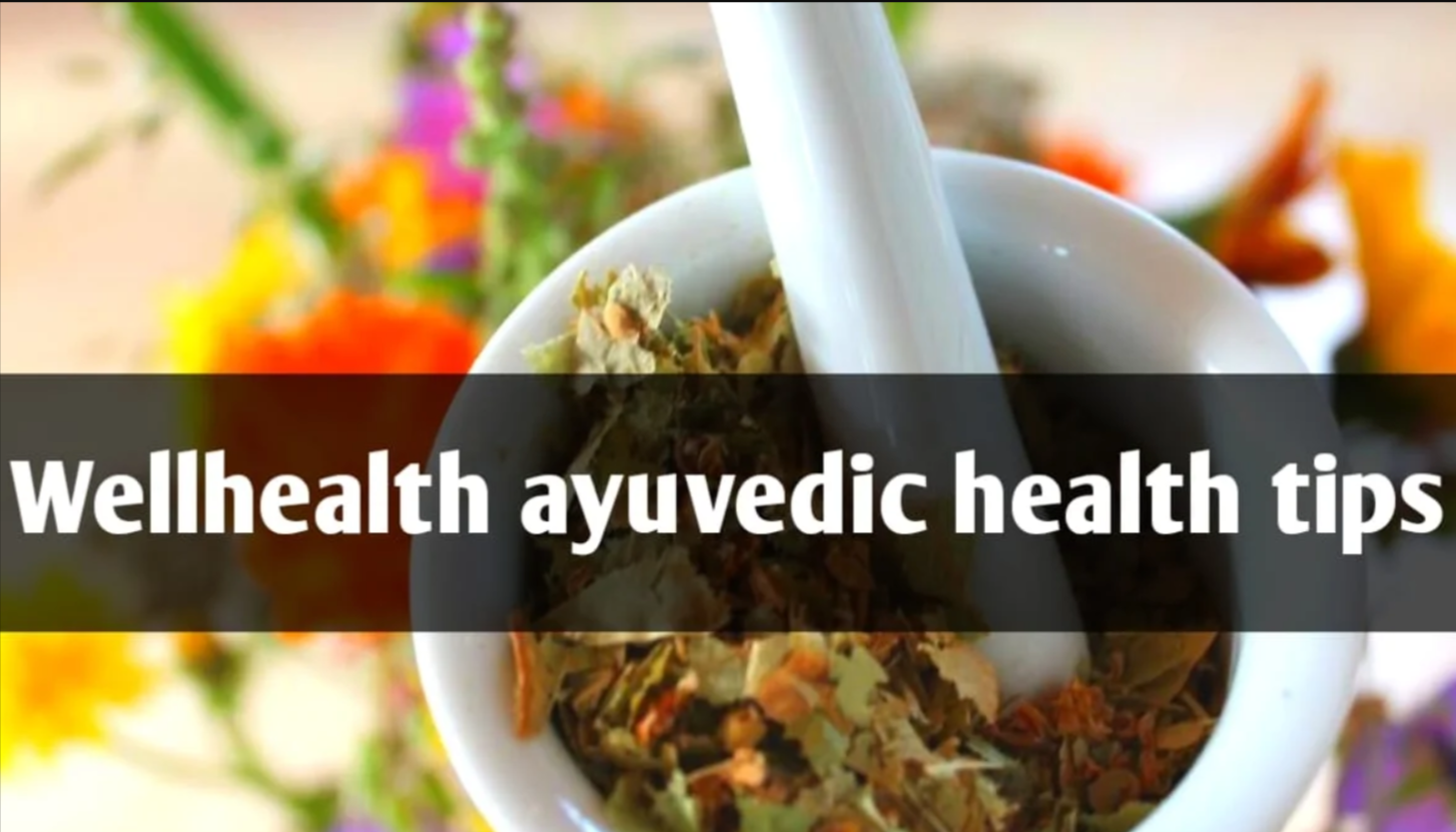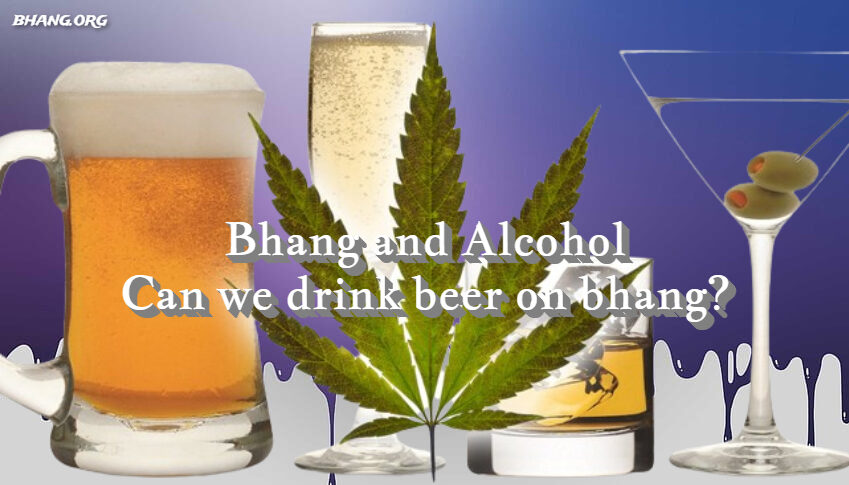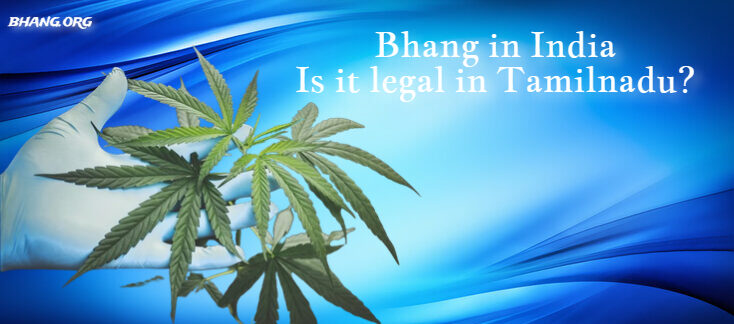
How to get rid of bhang hangover | Does bhang have a hangover?
Bhang Hangover: The festival of Holi isn’t just about colors; it’s a time for exuberant celebration. One of its distinctive features is the inclusion of bhang-infused dishes and thandai, adding an extra layer of enjoyment to the festivities. Bhang, also known as cannabis, ganja, or charas, holds a significant place in Ayurveda as a healing agent. In ancient times, it was utilized for medicinal purposes, and even today, some believe in its potential benefits, though caution is advised regarding its consumption.
Bhang is typically prepared by blending ground bhang leaves with condensed milk, a paste of dry fruits and nuts, rose petals, saffron, and other ingredients to create thandai—a drink that not only induces a mild intoxication but also delights the taste buds. However, the pleasurable effects of thandai can lead to overindulgence, resulting in adverse effects such as dehydration, nausea, and headaches.
Experts suggest that bhang, when consumed in moderation and in conjunction with other medications, can have positive effects due to its activation of bodily functions. However, exceeding a dosage of 500mg is cautioned against, as it can potentially be harmful. Furthermore, the quality of bhang matters significantly, as consuming adulterated or low-quality bhang, often found in roadside stalls, can exacerbate health issues rather than alleviate them.
One of the notable side effects of bhang consumption is hallucination, which underscores the importance of obtaining it from reliable sources. Overall, while bhang may offer therapeutic benefits, it should be approached with caution and consumed responsibly to avoid any untoward incidents.
Precautions:
- Refrain from consuming bhang or bhang-infused delicacies on an empty stomach. Ensure to eat something before indulging.
- Avoid heavy and fried foods, as they can exacerbate post-consumption effects.
- Stay hydrated by drinking plenty of water and fluids to facilitate the flushing out of toxins.
- Avoid taking painkillers after bhang consumption, as they may lead to acidity and worsen headaches.
- Individuals with high blood pressure and heart conditions should steer clear of bhang consumption.
Cure:
- Drink lemon water, rich in vitamin C and antioxidants, to alleviate nausea.
- For post-bhang detox, incorporate fresh fruits, salads, and juices into your diet. Fiber aids in cleansing the stomach. Laxatives like Isabgol and Triphala can also be beneficial.
- Enjoy a cup of black tea or coffee to mitigate the effects of bhang on the brain.
Bhang is a paste derived from the buds and leaves of the Cannabis sativa plant and is commonly incorporated into food and beverages. It is believed to offer relief from pain, muscle spasms, seizures, nausea, and vomiting, although it carries associated risks and may not be suitable for everyone.
In India, bhang has been a part of culinary and religious traditions for thousands of years, notably during Hindu festivals like Holi. It is also utilized in Ayurvedic medicine to address various ailments.
What is Bhang and How is it Produced?
Bhang is created by drying, grinding, and soaking the buds and leaves of the Cannabis sativa plant to form a paste, which is then added to food and drinks. While cannabis is largely illegal in India, the sale and consumption of bhang are often tolerated, particularly in religious centers where it is readily available from both street vendors and authorized establishments.
According to the Indian National Policy on Narcotics and Psychotropic Substances, only the leaves of the cannabis plant are permitted for use in bhang preparation.
Popular methods of consuming bhang include blending it with curd and whey to make bhang lassi, mixing freshly ground cannabis with water to create bhang goli, or combining it with sugar and ghee to make sweets.
How Does Bhang Work?
Bhang exerts psychoactive effects due to its cannabinoid content, primarily Tetrahydrocannabinol (THC) and Cannabidiol (CBD). THC is responsible for the euphoric sensation associated with consuming bhang, while CBD is believed to contribute to its potential health benefits.
Both THC and CBD interact with the body’s cannabinoid receptors, affecting various physiological processes such as learning, memory, immunity, and motor function. When consumed through food or drink, cannabinoids are absorbed more gradually into the bloodstream compared to smoking or vaping, resulting in a delayed onset of effects.
Overall, bhang offers a unique blend of culinary, cultural, and medicinal significance, but its consumption should be approached with caution due to its psychoactive properties and associated risks.
Does bhang have a hangover?
As the vibrant festivities of Holi come to a close, many participants grapple with the aftermath of indulging in bhang, a traditional drink crafted from cannabis leaves. While the colorful revelry and joyous celebrations of Holi are unforgettable, the bhang hangover can cast a shadow over the following day.
Understanding the Bhang Hangover:
Bhang, a blend of cannabis leaves, milk, spices, and occasionally fruits, is commonly consumed during Holi celebrations in India and other parts of South Asia. Its psychoactive properties can trigger a range of effects, including euphoria, relaxation, and altered perception of time and space. However, overindulgence can result in a bhang hangover characterized by symptoms such as dehydration, headaches, nausea, vomiting, fatigue, and lethargy.
Tips To Follow After Bhang Hangover
Stay Hydrated:
Ensure you drink plenty of water to combat dehydration caused by bhang and alleviate hangover symptoms. Hydration helps your body flush out toxins more effectively.
Rest:
Take adequate rest after the festivities to recover from your hangover. Resting allows your body to recuperate and rejuvenate, promoting symptom relief. Aim for sufficient sleep to ease discomfort.
Warm Water Bath:
Consider taking a warm water bath to alleviate the side effects of cannabinoids. This can help relax your muscles and alleviate common post-bhang hangover symptoms such as headaches and body aches.
Avoid Caffeine & Alcohol:
Refrain from consuming caffeine and alcohol, as they can exacerbate bhang hangover symptoms. Caffeine may lead to further dehydration, while alcohol can worsen cognitive impairment.
Nutritious Meal:
Consume a balanced and nutritious meal to replenish lost nutrients due to bhang consumption. Opt for fruits, vegetables, and lean proteins rich in vitamins and minerals to support recovery.
Herbal Tea:
Sip on herbal teas like jasmine or rose to alleviate post-bhang hangover headaches. These teas are packed with antioxidants that can help mitigate side effects.
Lemon Water:
Prepare a refreshing drink of lemon water to ease discomfort. Lemon water is high in vitamin C and antioxidants, which combat free radical production in the body.
Precautions to Take:
- Avoid consuming bhang on an empty stomach to prevent nutrient depletion.
- Steer clear of painkillers, especially if you have underlying health conditions, as they may pose risks and complications.
- Refrain from consuming fried and processed foods to avoid exacerbating your condition.
- Individuals with heart disease and high blood pressure should abstain from bhang consumption. If you are taking medications, consult your doctor before indulging in bhang.
Conclusion:
Bhang, a traditional drink made from cannabis leaves, holds cultural, culinary, and medicinal significance, particularly during festivals like Holi in India. While it offers potential therapeutic benefits, caution should be exercised due to its psychoactive properties and associated risks. Following precautions, staying hydrated, and adopting post-bhang hangover remedies can help mitigate adverse effects and promote responsible consumption.
FAQs about Bhang Hangover
What is bhang and how is it made?
Bhang is a paste derived from the buds and leaves of the Cannabis sativa plant, commonly added to food and beverages. It is prepared by drying, grinding, and soaking the cannabis plant parts to form a paste.
What are the effects of consuming bhang?
Bhang has psychoactive effects due to its cannabinoid content, primarily THC and CBD. It can induce euphoria, relaxation, altered perception of time and space, but overconsumption can lead to adverse effects like dehydration, nausea, headaches, and fatigue.
Are there any precautions to take when consuming bhang?
Yes, precautions include refraining from consuming bhang on an empty stomach, avoiding heavy and fried foods, staying hydrated, avoiding painkillers, and abstaining from bhang consumption if you have high blood pressure or heart disease.
How can I alleviate a bhang hangover?
To alleviate a bhang hangover, it’s recommended to stay hydrated, rest, take a warm water bath, avoid caffeine and alcohol, consume a nutritious meal, drink herbal teas or lemon water, and take necessary precautions as mentioned above.
Is bhang consumption legal?
While cannabis is largely illegal in India, the sale and consumption of bhang are often tolerated, especially in religious centers. However, it’s essential to adhere to local laws and regulations regarding cannabis consumption.


